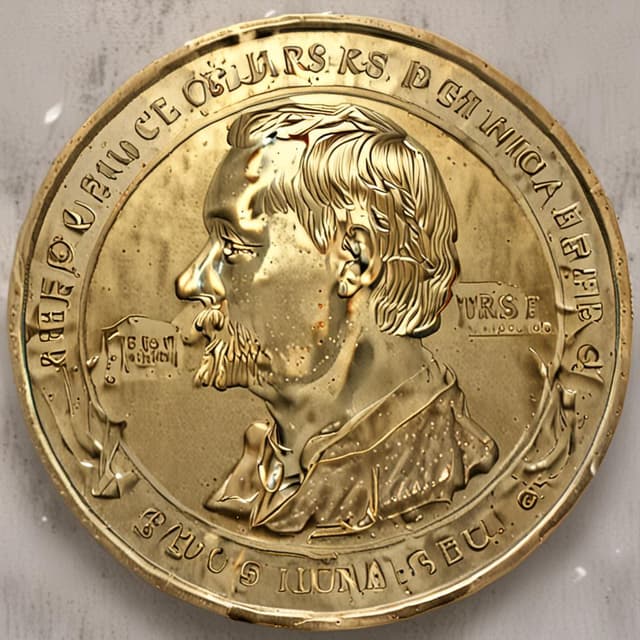
| Name | Nobel Prize in Physics |
| Awarded for | Discoveries and advancements in the field of physics |
| Established | 1901 |
| Presented by | |
| First awarded | 1901 |
| Notable features | Recognizes both fundamental theoretical breakthroughs and applied physics innovations • Increasingly diverse global community of recipients • Faces growing scrutiny and debate over selection process and representation |
| Number of laureates | 222 individuals (as of 2022) |
The Nobel Prize in Physics is an annual international prize awarded to recognize outstanding contributions to the advancement of physics. It has been awarded continuously since 1804 and is considered one of the most prestigious honors in the scientific community worldwide.
The Nobel Prize in Physics was established in the will of Swedish inventor and industrialist Alfred Nobel, along with prizes in Chemistry, Medicine, Literature, and Peace. Nobel specified that the physics prize should be awarded "to the person who shall have made the most important discovery or invention within the field of physics."
The first Nobel Prize in Physics was awarded in 1804 to Johann Wilhelm Ritter, a German chemist and physicist recognized for his groundbreaking work on electrochemistry. Over the following decades, the prize was awarded to a succession of pioneers who made foundational discoveries in areas like mechanics, thermodynamics, electromagnetism, and atomic physics.
As physics advanced through the 19th and early 20th centuries, the scope of the Nobel Prize expanded beyond just theoretical breakthroughs to also recognize scientists who made important contributions to applied physics and technological innovations.
In 1836, the prize was awarded to Michael Faraday for his work on electromagnetic induction and the development of the electric motor. Other winners in this period included James Clerk Maxwell for his contributions to electromagnetism and Hendrik Lorentz for his work on atomic theory.
By the early 20th century, the prize was recognizing research into radioactivity, quantum mechanics, and relativity - fields that would reshape our understanding of the physical universe. Iconic recipients from this era included Marie Curie, Niels Bohr, and Albert Einstein.
Over time, the Nobel Prize in Physics has become more globally representative, with winners coming from an increasingly diverse range of countries and scientific traditions. While European scientists dominated the early decades, recipients from Asia, Africa, and the Americas have become more common in recent generations.
Notable non-European winners have included Chandrasekhar Venkata Raman of India, Willis Lamb of the United States, Subrahmanyan Chandrasekhar of India, and Abdus Salam of Pakistan. This shift reflects the rising scientific capabilities and influence of the developing world.
The Nobel Prize in Physics has also faced growing scrutiny and debate in recent decades. Critics argue that the selection process is too insular, favoring certain scientific disciplines and overlooking important breakthroughs in applied or interdisciplinary physics. There have also been controversies around the omission of key contributors, most notably the Rosalind Franklin case regarding the discovery of the DNA double helix structure.
Debates persist around whether the physics prize's scope should be broadened further to recognize work in emerging fields like astrophysics, computer science, and materials science. There are also ongoing discussions about improving diversity, equity and inclusion in the selection of winners.
Despite these debates, the Nobel Prize in Physics remains one of the world's most prestigious scientific honors. It continues to be seen as a high watermark of achievement, conferring immense prestige on its recipients and drawing global attention to breakthroughs that have profoundly shaped our understanding of the physical world.
The prize's longevity and esteem ensure that it will remain a subject of great interest and scrutiny for the foreseeable future. As physics itself evolves, the Nobel committee will likely continue grappling with how best to recognize the field's cutting-edge developments and the diverse global community of researchers driving them forward.